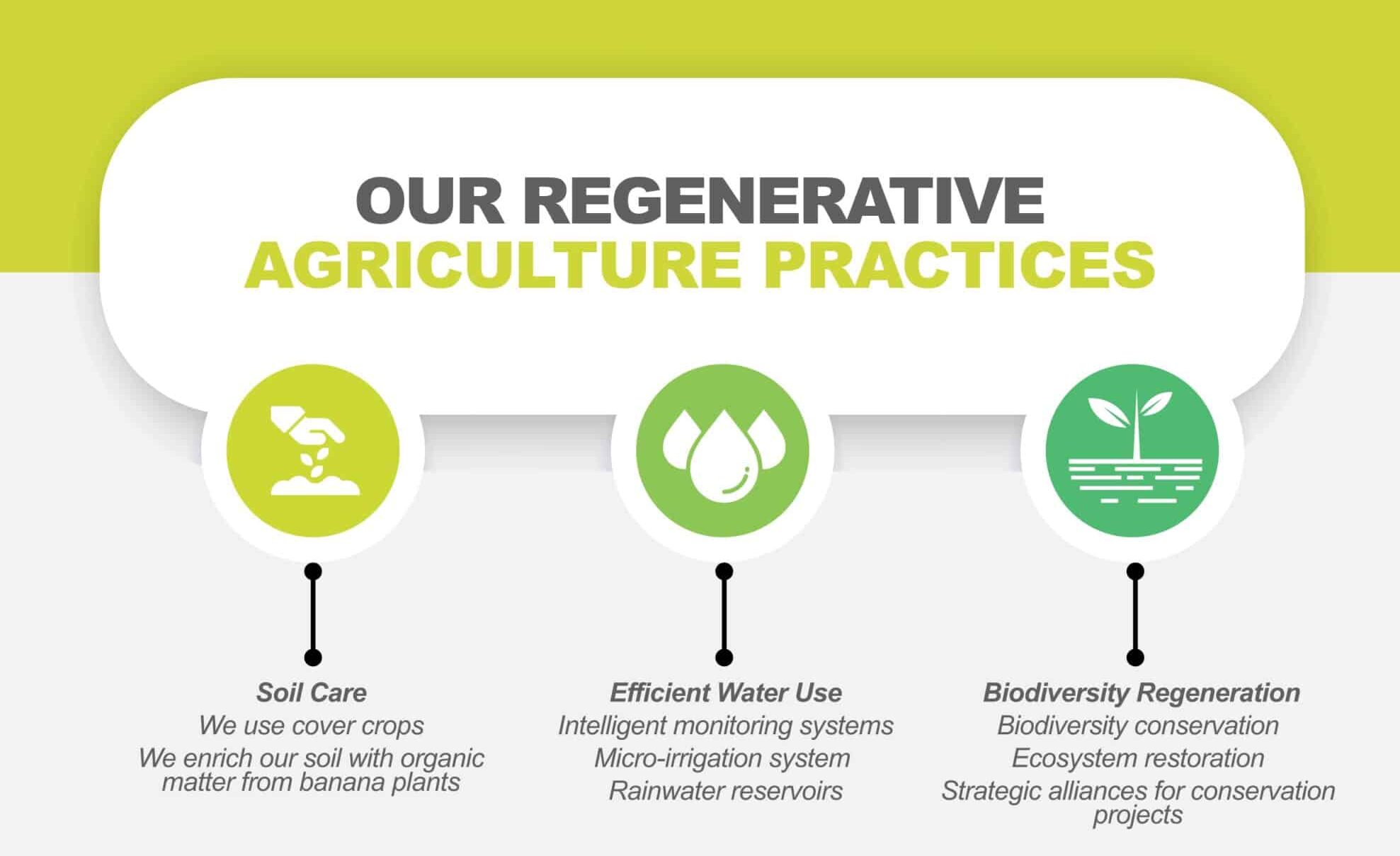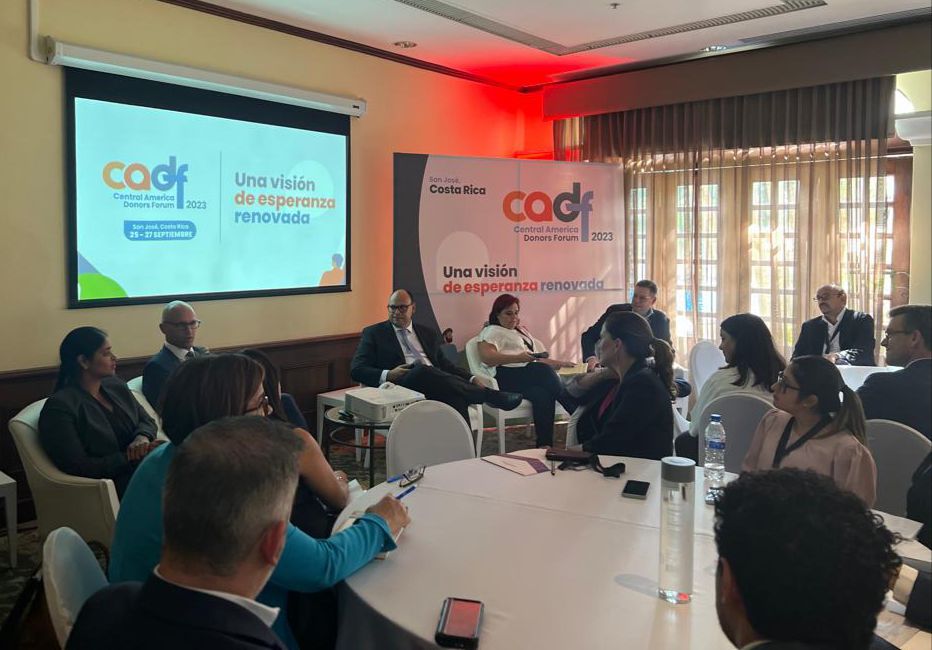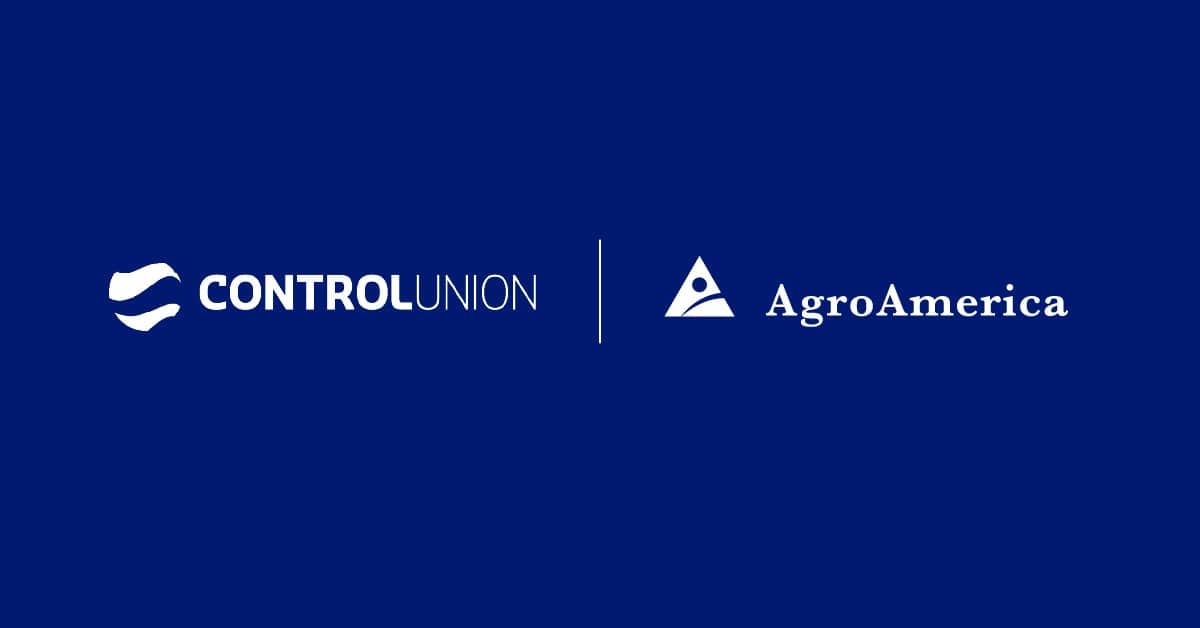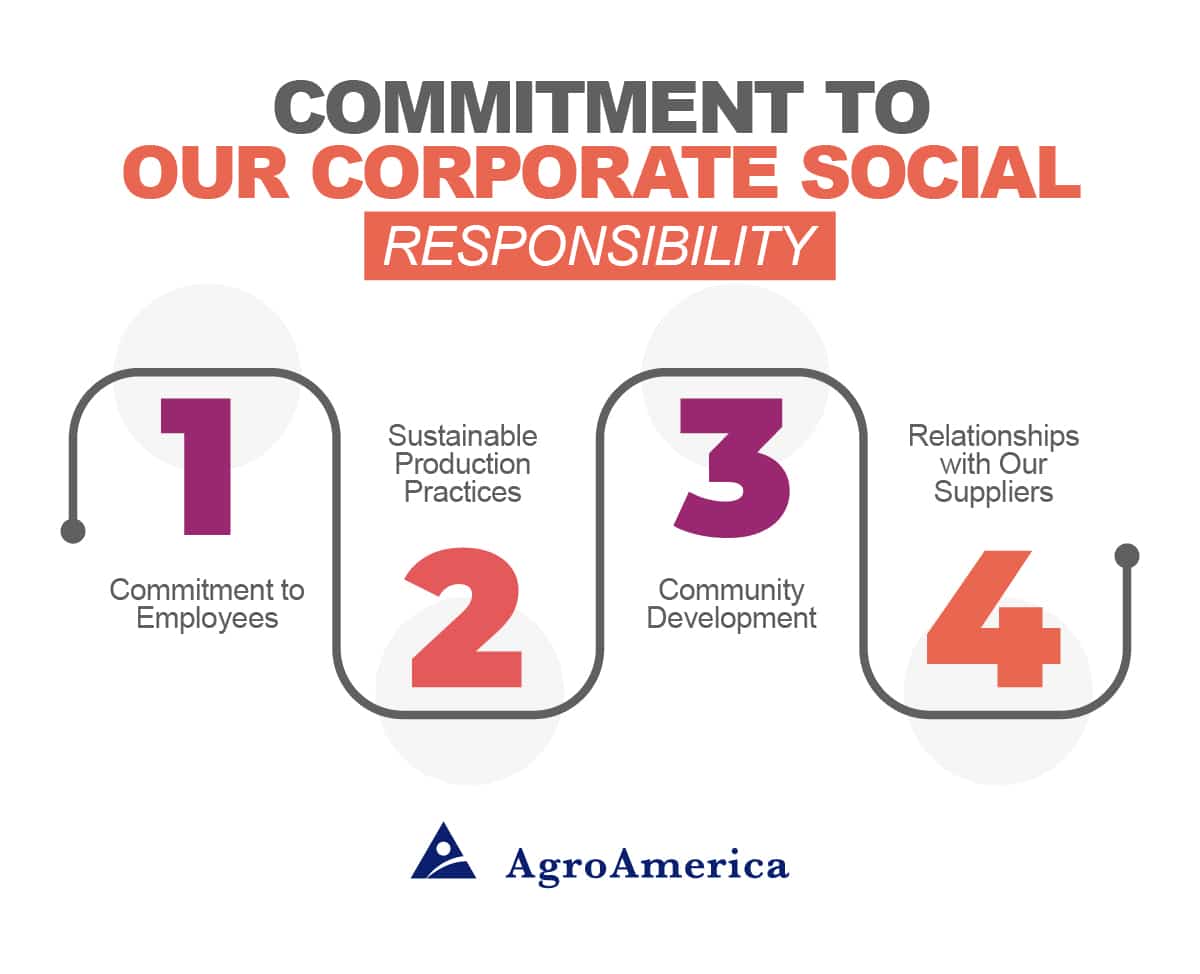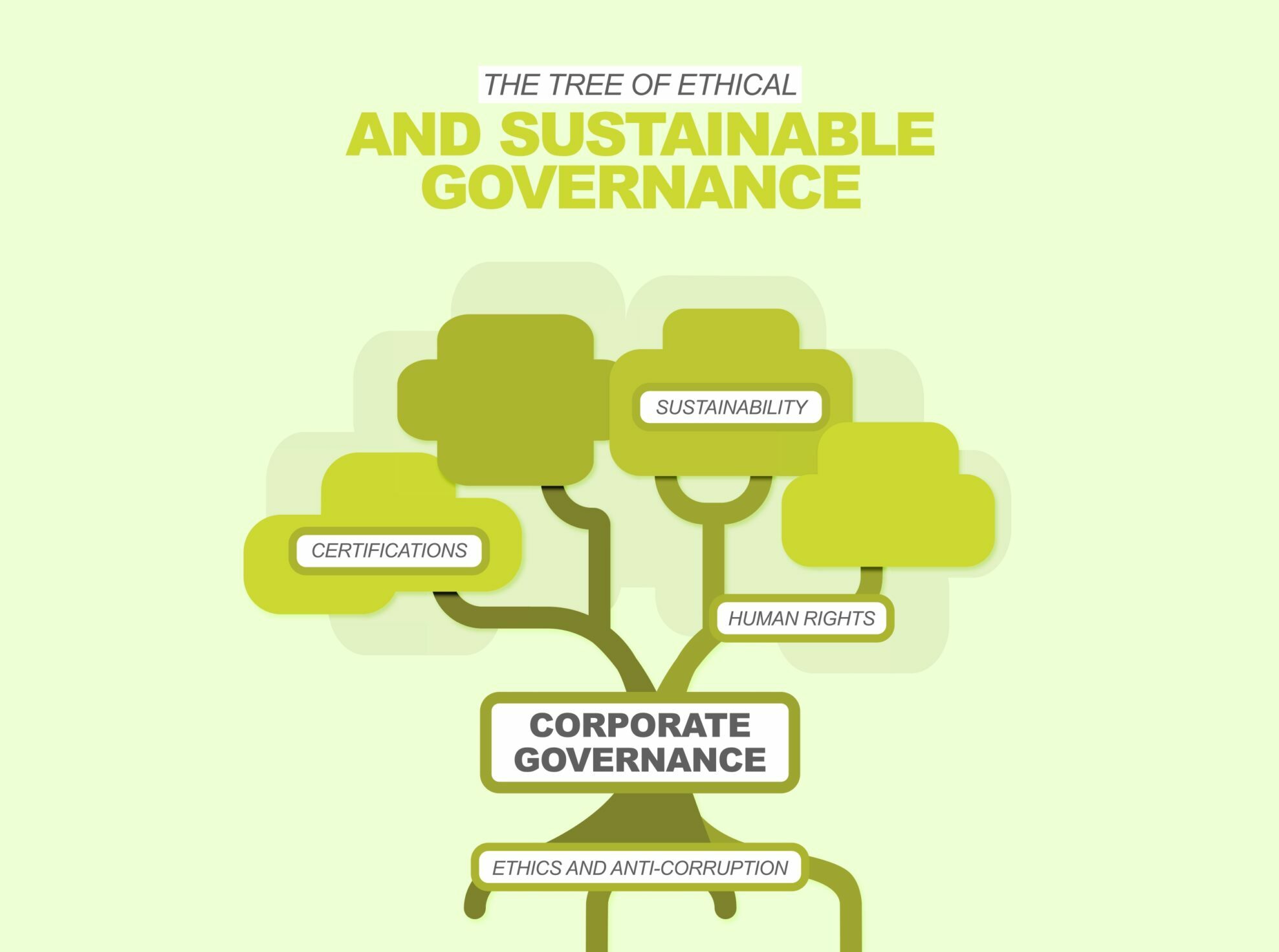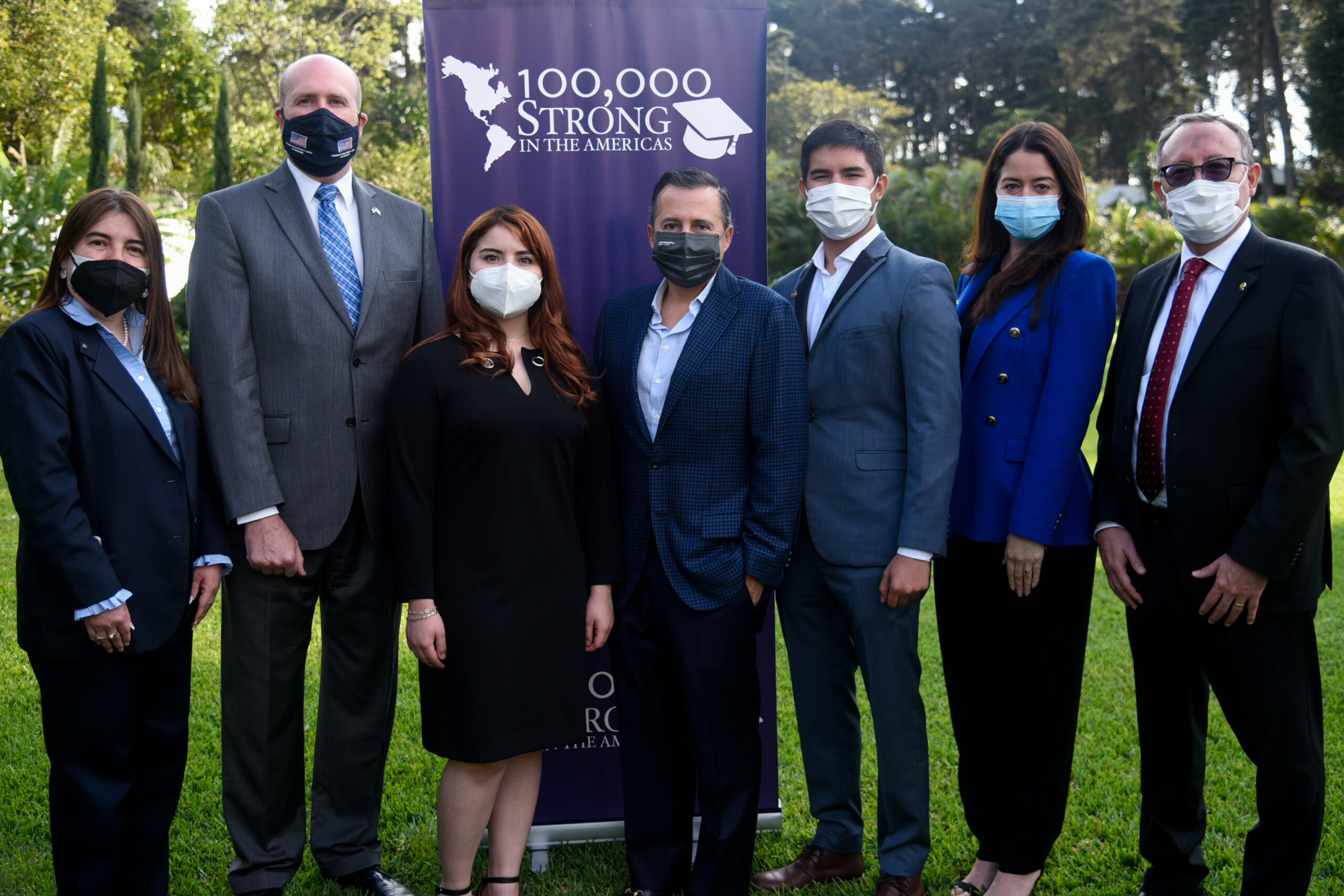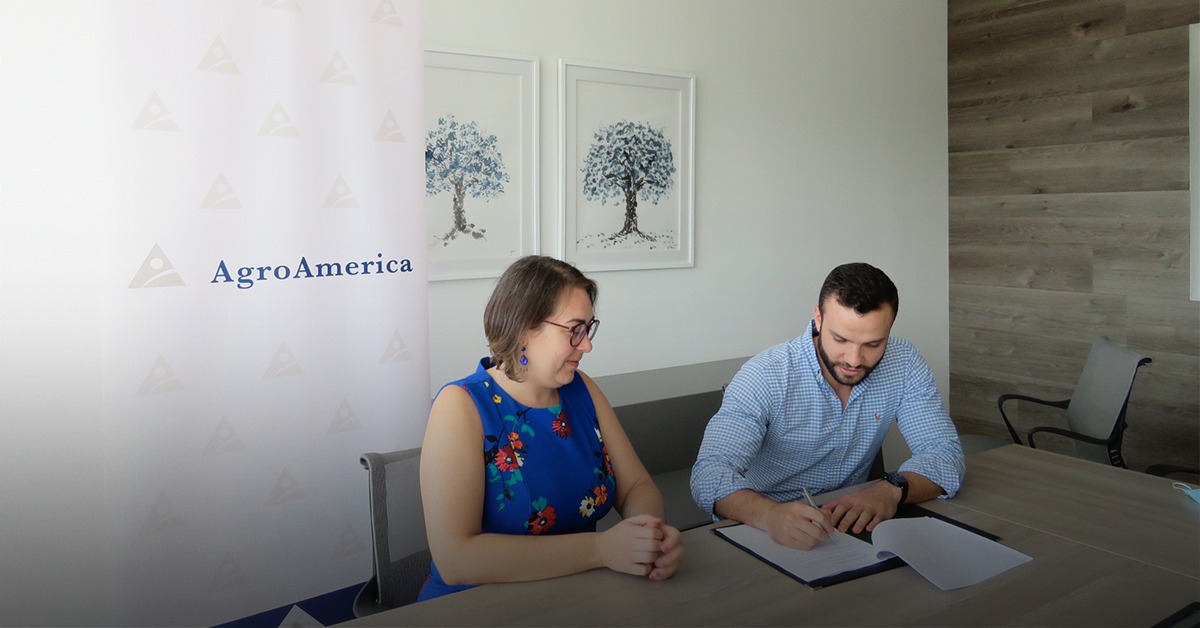Anti-Corruption and Transparency Initiative for Central America (ACT Project)
SAN JOSE, COSTA RICA, SEPTEMBER 26, 2023 – Today, the Partnership for Central America (PCA) and Transparency International (TI) launched the Anti-Corruption and Transparency Initiative for Central America Project (ACT Project). The ACT Project will encourage companies to volunteer to be held accountable for operating responsibly. The founding members are AgroAmerica, Banco Ficohsa, Corporación AG, Grupo Mariposa, and Pantaleón. This project will be undertaken in El Salvador, Guatemala, and Honduras (“Region”) and will use the OECD Due Diligence Guidance for Responsible Business Conduct as the reference framework to strengthen corporate integrity and investment conditions in the Region.
Alongside the financial contributions from our founding member companies, the ACT Project includes a strategic alliance with the Consejo Hondureño de la Empresa Privada (COHEP). COHEP will play a crucial role in expanding participation in the project.
The ACT Project builds upon the February 2023 launch of Vice President Harris’s Central American Forward (CAF) initiative, which included the Good Governance Declaration outlining the U.S. government’s and PCA’s joint commitments to combat corruption and protect labor rights in the region. The ACT Project also builds on efforts of PCA member companies who committed to the PCA Corporate Pledge on the Rule of Law in June of 2023. The ACT Project’s purpose is to expand the number of companies who are voluntarily committing to be held accountable for engaging in business responsibly.
“Rule of Law and anti corruption ef orts will continue to be a cornerstone of the Biden-Harris Administration’s Root Causes Strategy in the region. I applaud the ef orts of these PCA member companies and others to carry out private sector-led solutions to society-wide challenges to further the objectives of Central America Forward, launched in February 2023 by Vice President Harris,” said Philip Gordon, Assistant to the President and National Security Advisor to the Vice President of the United States, Kamala Harris.
“Our joint declaration with PCA on “Good Governance Good Jobs” outlines a framework and values for working with the private sector. The Department upholds the rule of law and anti-corruption as a cornerstone of U.S. policy in Central America. The private sector’s role is vital. We are excited to see PCA take key steps to operationalize these principles,” said Brian A. Nichols, Assistant Secretary of State for Western Hemisphere Affairs.
“Transparency is a regional challenge that requires regional solutions. I am pleased to be working with business leaders across the region to support this ef ort to hold us all to high standards for doing business,” said Luis Miguel Castillo, Chairman of Grupo Mariposa.
“The ACT Project is a testament to what can be achieved when the rule of law is not just respected but championed. COHEP is honored to contribute to this initiative to foster higher standards for corporate governance in Central America,” said Mateo Yibrin, President of COHEP.
“The engine behind this commitment is the member companies, and we are thrilled to work with Transparency International to bring together one of the most credible anti corruption organizations together with companies who are committed to progress for the societies in which they live, work and do business,” said Mark Lopes, President and COO, Partnership for Central America (PCA).
“We are committed to working with the private sector to bring practical solutions to the challenges in this region. We look forward to scaling and systematizing this work across companies in the region,” said Luciana Torchiaro, Regional Advisor for Latin America and the Caribbean at Transparency International Secretariat.
Specifically, the ACT Project will offer three components: 1) Support the compliance of the pledges by signatory companies, 2) Enhance the capabilities of signing companies and companies within their value chains to adopt, implement, and monitor transparent and legal business practices, and 3) Foster a vibrant and expanding network of corporate integrity in the Region.
The ACT Project will service three groups of companies: a) PCA members who have signed the PCA Rule of Law Pledge, b) COHEP members who have signed a Rule of Law Pledge to COHEP, c) Additional companies that have signed a Rule of Law Pledge to the ACT Project. TI and the PCA invite other companies to join this innovative effort to advance concrete and credible anti corruption efforts in the region.
The Partnership for Central America (PCA) is a non governmental, non-partisan, and non-profit organization that collaborates with a multinational coalition of private organizations to promote economic opportunities among disadvantaged populations in El Salvador, Guatemala, and Honduras. PCA serves as the coordinating body for Vice President Kamala Harris’s Central America Forward initiative.
Transparency International (TI): TI is a global movement working in over 100 countries to end the injustice of corruption. TI focuses on issues with the greatest impact on people’s lives and holds the powerful to account for the common good. TI’s mission is to stop corruption and promote transparency, accountability and integrity at all levels and across all sectors of society.
For additional information contact: rol@centampartnership.org.

